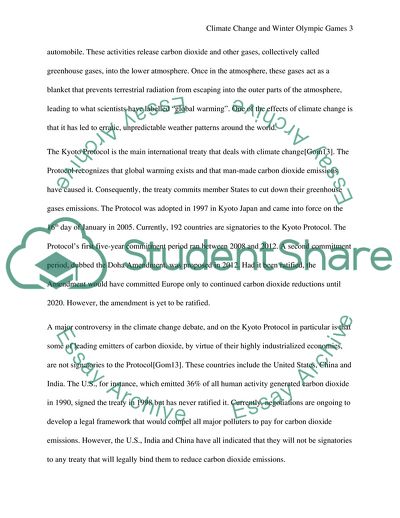Cite this document
(How Climate Change Is Affecting the Winter Olympic Games Assignment, n.d.)
How Climate Change Is Affecting the Winter Olympic Games Assignment. https://studentshare.org/sociology/1849462-current-issues-for-tourism-and-hospitality
How Climate Change Is Affecting the Winter Olympic Games Assignment. https://studentshare.org/sociology/1849462-current-issues-for-tourism-and-hospitality
(How Climate Change Is Affecting the Winter Olympic Games Assignment)
How Climate Change Is Affecting the Winter Olympic Games Assignment. https://studentshare.org/sociology/1849462-current-issues-for-tourism-and-hospitality.
How Climate Change Is Affecting the Winter Olympic Games Assignment. https://studentshare.org/sociology/1849462-current-issues-for-tourism-and-hospitality.
“How Climate Change Is Affecting the Winter Olympic Games Assignment”. https://studentshare.org/sociology/1849462-current-issues-for-tourism-and-hospitality.


